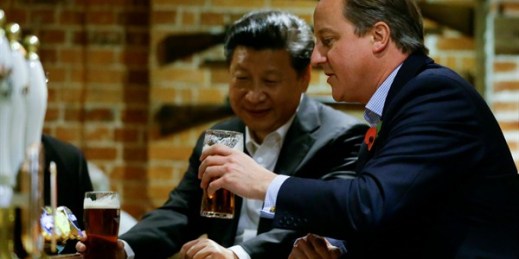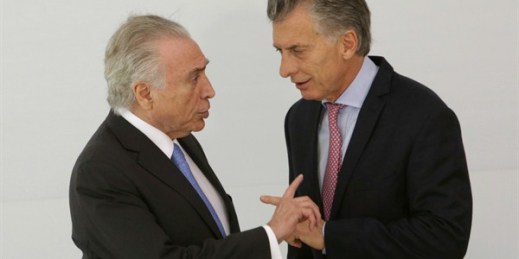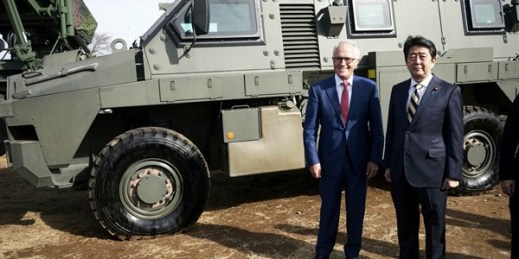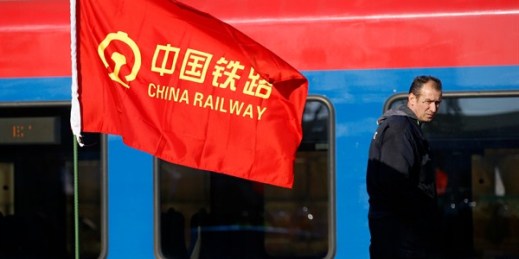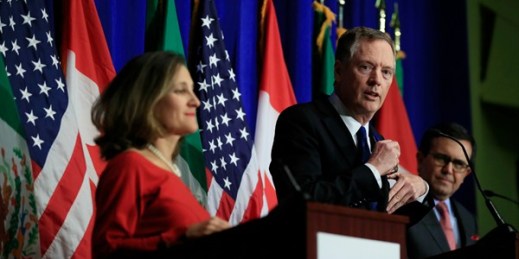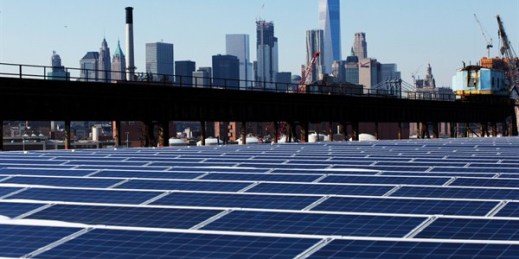
There is a future in which wind turbines, twice as tall as the Statue of Liberty, produce electricity across the United States. Because of their height, these turbines would generate power from stronger, more constant gusts, making wind power a viable option in all 50 states, instead of primarily those in the nation’s plains where there are steady, lower winds. In this same future, inexpensive solar cells would coat windows, turning office buildings and homes into self-reliant electricity “prosumers.” Best of all, these technologies would be American innovations. The United States could breathe a sigh of relief after China briefly […]

